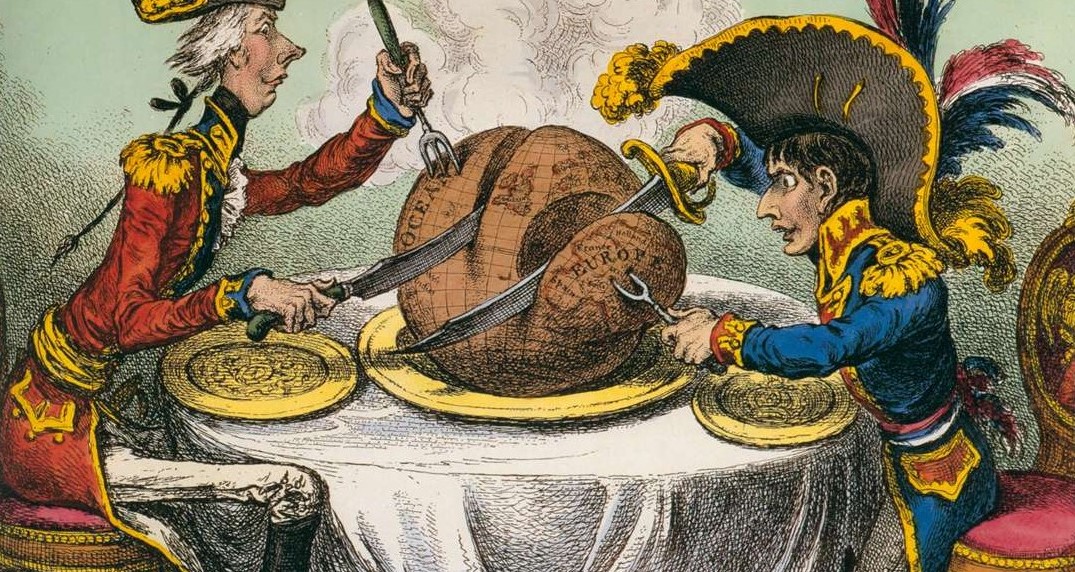A long, racist and bloody history lies behind colonialism
Two memories come to mind when I think of my Higher Education and Colonialism. The first is a tutor in my first year immediately shutting down the question regarding the benefits of colonialism without any discussion. The second is of a Singaporean flat mate, also from my first year, informing me that British rule within her country had been a good thing for its progress and development. Both of these memories suggest to me that the Bruce Gilley’s article ‘The Case for Colonialism’, featured in the ‘Third World Quarterly Journal’, holds merit. Unfortunately, for this piece, Gilley’s article has since been removed from the journal.
Looking back over my academic learning then, I concede that I have experienced a degree of censure regarding the topic of colonialism. However, the smallest amount of research into this area exposes the long, racist and bloody history that lies behind imperialism. Furthermore, this is by no means the first attempt someone has made to subvert history into a right-wing, nationalist support-group, and in fact this ‘Case for Colonialism’ is part of a wider movement within our current political climate to fashion a convenient exculpatory narrative for them.
This ‘Case for Colonialism’ is part of a wider movement within our current political climate to fashion a convenient exculpatory narrative for the far-right
The main argument that appears to support the case for colonialism within Gilley’s article is that the atrocities ascribed to European rule over their overseas colonies occurred before they arrived and after they left. I quote from Biggar’s article ‘With Zimbabwe on our minds, we might remember that the massacre of up to 20,000 Ndebele in Zimbabwe in 1983-4 was perpetrated, not by the British but by that patriarch of African nationalism, Robert Mugabe.’ It appears that Biggar has forgotten the fact that Mugabe was positioned as a favourable and pro-Western leader by Britain.
It is at this point that I would also like to draw attention to the forced re-location of Zimbabweans, the way in which the rape of Zimbabwean women was used as a colonial tool, the creation of a legal inequality towards Zimbabwean women, and the immense social, economic, and political implications that these crimes had. I am in no way trying to argue that colonial rule was objectively worse than that of Mugabe’s – I have no interest in comparing one regime with another – I am merely pointing out that British rule had deeply disastrous effects, and that colonialism is absolutely responsible for the future tragedies that would occur in Zimbabwe.
Mugabe was positioned as a favourable and pro-Western leader by Britain
Biggar’s article also fails to account for the many disasters that occurred due to the power vacuums produced by colonialism. Indonesia, Burundi, Rwanda, Sudan, East Pakistan, and Iraq are all nations in which genocide has occurred due to the instability of the postcolonial states hastily established once colonial powers leave. Political vacuums inevitably produce struggles for power, cruel dictators, rapes and murder. This is the legacy of colonialism.
I have never seen someone build a case for a balanced argument which is both so rooted in its own agendas and, ironically, so unbalanced. Great swathes of history have been ignored and oversimplified to accommodate for this defence of colonialism. I do find myself agreeing with Biggar on one angle, that of censorship. Indeed, the removal of Gilley’s article has only furthered the case that many have posed that the academic community reacts only with suppression when unfavourable hypotheses are put forward. I lament that the original article has been removed, for in order to understand and criticise it properly, it needs to be read. This is something I believe academia should be about. It may be the case that hell will freeze over before I agree with any pro-colonialism argument, but I will always listen and consider them. Certainly it should never be totally removed from view.
Although I think that the censorship that has occurred is wrong, this comes not from support of these pro-colonialist beliefs. On the contrary, it comes from a necessity to show up these arguments for what they truly are. Flawed and over-simplistic at best; nationalistic and racist at worst.
– An opposing take on the teaching of colonialism can be found here:
https://theboar.org/2018/01/fact-based-assessment-colonialism/

Comments (1)
Yeah, you’re lucky we burgled your house, there’s some really nasty burglars out there, things could have been a lot worse!